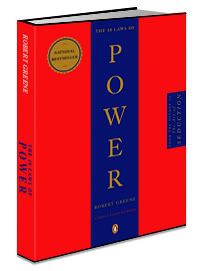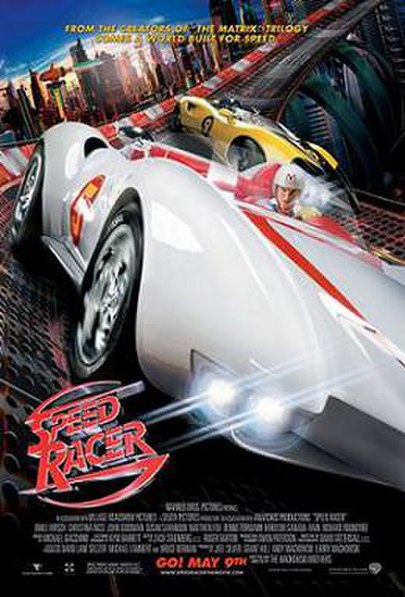Getting Yourself A New PC
Thursday, May 29, 2008
I've always believed that everyone should have a personal computer. Especially if you're into my line of work, a good PC is really more of an investment than anything else.
An up-to-date personal computer boosts your productivity, it's a repository of all things media, it's an entertainment center, and once hooked to the internet with a decent broadband connection, it's great for research, it opens opportunities for you and connects you with a massive online world.
Personally, I get a new PC every two years: mostly to upgrade on hardware so I could play the latest games, and to expand hard disk space to store more media files. This current machine of mine is still alright, since I could still play games like Bioshock and Call of Duty 4 on it.
But since I'm going to be spending a lot more time in Los Angeles, I figured getting a new PC should be a good idea.
How Do You See Yourself Using Your PC?
When figuring out what kind of PC to get, you have to figure out how exactly you plan to use it.
- At the very least, you'll want to use it for basic word processing and office work. Doesn't matter if you're using a Microsoft Office or the open-source Open Office. Whether it's for school-work or for office-work, or both, this is what your PC's going to be all about.
- Also, as a minimum, you'll want to equip your PC to be able to go online and connect with the internet. Going online gives you access to a massive online library, and allows you to network with just about anyone in the world.
- Your PC will also act as a data storage facility. You'll be using it to store pictures, video and music. If you're big on gadgets (like I am), it means you'll be connecting all your digital toys- your mp3 player, mobile phone, digital camcorders, DLSRs, palms- to your PC.
- Your PC can act as a home entertainment system. You'll have combo-drives available (which can read CDs/DVDs). Attached to a kick-ass speaker system, you can have a set-up that can actually rival any home theater system.
- Your PC might be built around playing games (like mine). This would mean also getting the best possible video card (for better quality graphics), as well as getting more RAM (for better performance), maybe even better processors.
- A lot of people use their PC as a desktop publishing suite- and install the latest graphics editing software on it- Photoshop, CorelDraw, Dreamweaver, etc. You'll need some extra hard disk space to store all your projects in.
- Others might take it a step further and use their PCs as a digital audio-video editing suite. This is if you're a serious music or video professional, or if you're into podcasting and new media. Again, you'll need more hard disk space to store all your projects in, or at least a variety of removable storage media.
As far as my new PC is concerned, it's going to have to fulfill all the seven roles I've enumerated above. This means it's going to have to be a serious piece of machine, ready to handle just about any task thrown at it short of making an omelette.
- CPU should be an Intel Core 2 Duo processor
- System RAM should be about 2 GB
- Video Card should be 100% Direct X 9.0c compliant with 512 RAM, like an NVIDIA GeForce 7900 or better
- Sound Card: Sound Blaster X-Fi series, which is optimized for use with Creative Labs EAX Advanced HD 4.0 or 5.0
- A lot of hard disk space- at least 300 GB of space, more if possible.
- A CD/DVD drive/burner
- As many USB ports as possible (at least 4)
Cheers, everyone! Read more...







